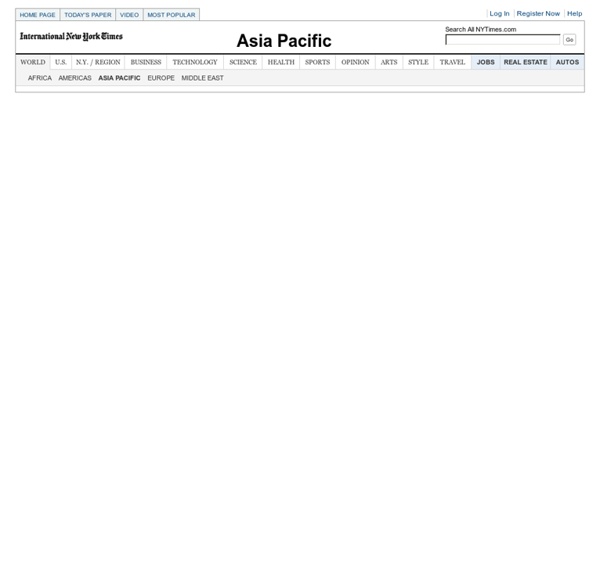



University of Georgia Libraries The Hargrett Rare Book & Manuscript Library at the University of Georgia Libraries maintains a collection of more than 1,000 historic maps spanning nearly 500 years, from the sixteenth century through the early twentieth century. Although not limited to a single geographic subject, the collection heavily emphasizes Georgia as colony and state, along with its surrounding region. The Hargrett maps database serves as a finding aid for the majority of Hargrett's map holdings and provides digital versions of most maps. Not currently included in the database are maps from the Confederate Imprints collection and the County Maps collection. For information on these, please contact the Hargrett Library. Three Things That Change Everything Bio Elizabeth Stephenson Elizabeth Stephenson is a Principal in McKinsey & Company's Strategy Practice, where she serves clients on long-term strategy and strategic growth topics.
Earthquakes 101 Earthquake Thousands of earthquakes happen across the US each year. The good thing is, almost all of them are too small to feel. Mapping Colonial New England: Looking at the Landscape of New England Activity 1. Crisis in the Colonies: King Philip's War, Bacon's Rebellion, and the Pueblo Revolt 1. 5 Reasons You Don't Miss Your 20s When They're Over People tend to look back on their youth with rose colored glasses, which is fine because if you lived your life without the ability to filter out every little shitty thing that happened to you, you'd go insane. But there is this weird thing with your early 20s, where Hollywood portrays them as the fastest, wildest, road-trippingest years of your life ... but in the real world it's the age when suicide rates suddenly double. So which is it? Are these the years everyone looks back on fondly? Or some of the hardest times of your life? Well, I've been out of my 20s for nearly a decade and I gotta say, that period when TV says you should be carefree and playing wacky fraternity pranks on your buds?
Why So Many Earthquakes? Why So Many Earthquakes? First the ground shook in Haiti, then Chile, Turkey and now Japan. The earthquakes keep coming hard and fast, causing people to wonder if the world is coming to an end ... It's not. Marcus Tullius Cicero: A Life in Letters Novus Homo Marcus Tullius Cicero (106 – 43 B.C.E) was a novus homo (new man i.e someone with no notable ancestors) born at Arpinium, south of Rome, to a reasonably well off family. He studied as a lawyer and, as was the done thing for a Roman barrister, began a political career. Cicero’s time in office would span the crucial years of the end of Roman Republican rule and his own part in these affairs was significant, though in the end not decisive.
Maps of Citations Uncover New Fields of Scholarship - Research By Jennifer Howard Imagine a Google Maps of scholarship, a set of tools sophisticated enough to help researchers locate hot research, spot hidden connections to other fields, and even identify new disciplines as they emerge in the sprawling terrain of scholarly communication. Creating new ways to identify and analyze patterns in millions of journal citations, a team led by two biologists, Carl T. Bergstrom and Jevin D. West, and a physicist, Martin Rosvall, has set out to build just such a guidance system. Trapped in disciplinary valleys, surrounded by dense forests of information, researchers have a hard time seeing a lot of scholarship that might be relevant to their work, especially if it's not published in the places they already know to look.